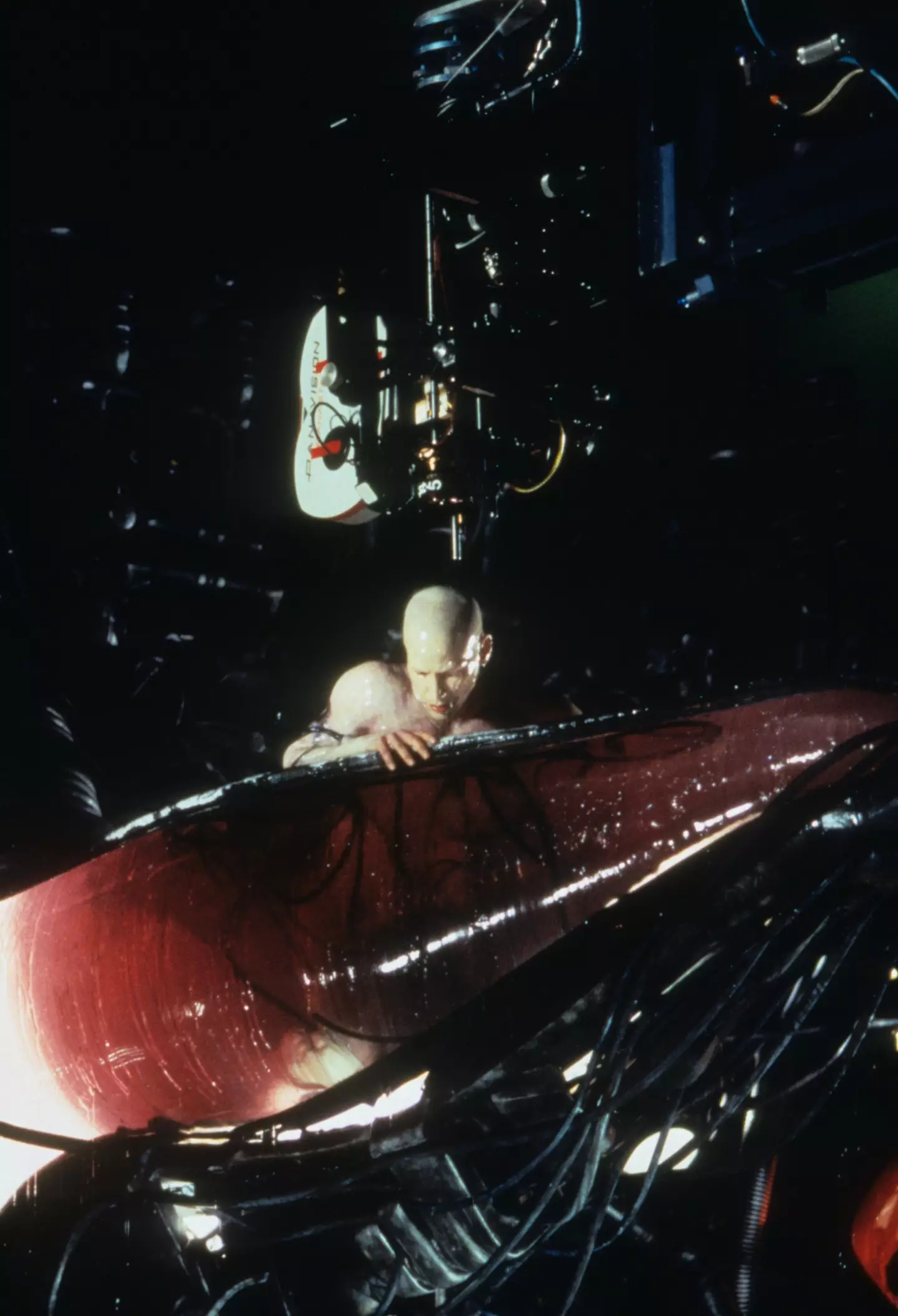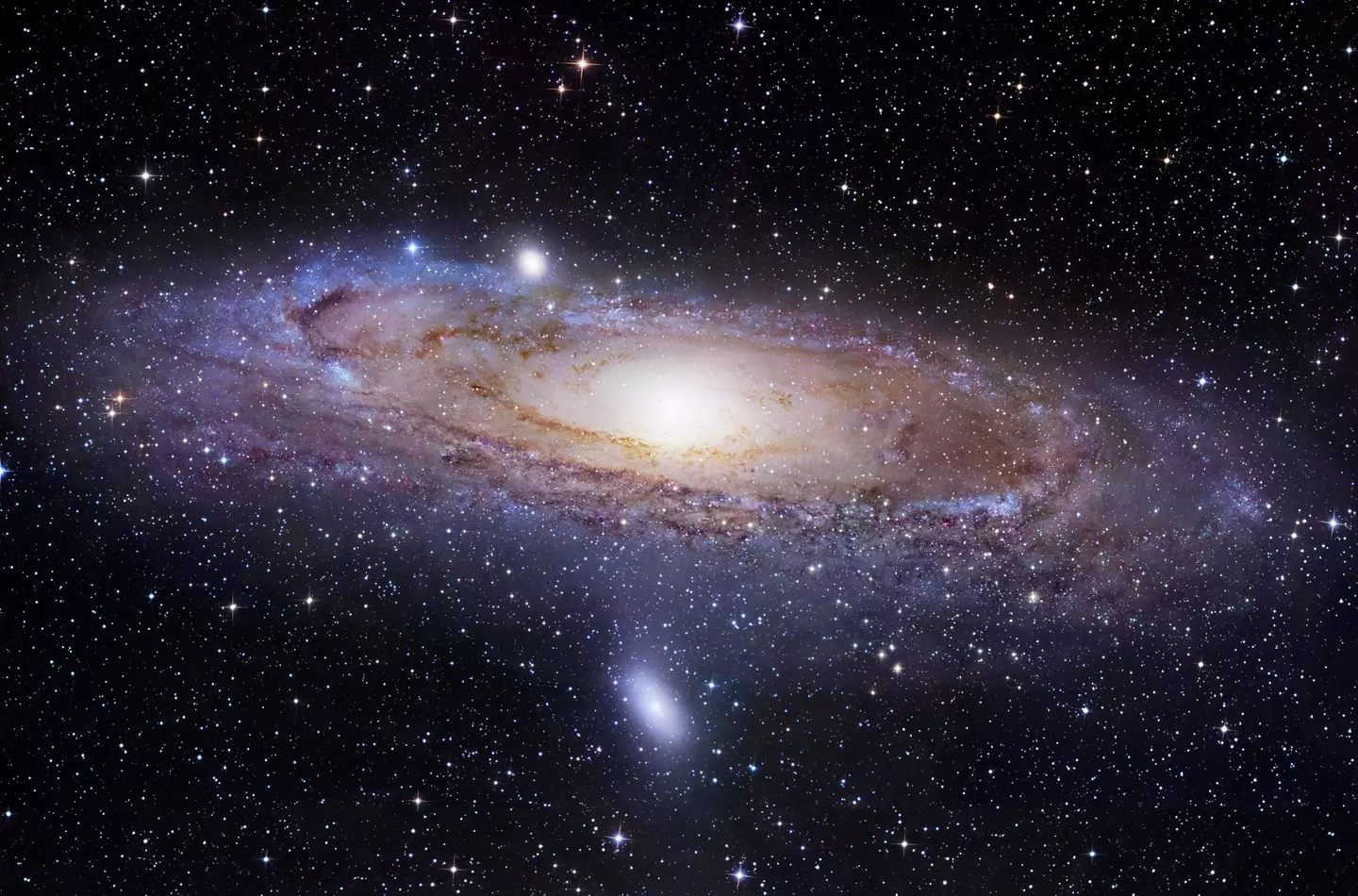
A scientist has set out his views over whether we're living in a simulation or not after launching a study into how 'physically realistic' it is.
The idea that humanity is trapped in some kind of simulation, whether it be a shared world manufactured to bamboozle humanity as a collective or us getting an entire universe all to ourselves where everyone else is created to populate the lie, has gained many supporters.
Of course, there are some people who like to believe we're in a simulation because they're conspiracy theorists who think a shadowy cabal are controlling everything,
Meanwhile, others investigate it because they can't help but wonder whether the world around us can be believed or not.
Advert
Professor Franco Vazza of the University of Bologna decided he would test whether or not we really were living in a simulation by trying to figure out how much energy it would take.

The 'simulation theory'
According to IFL Science, philosopher Nick Bostrom has come up with the theory that there must be one of three possible outcomes as far as simulated worlds are concerned.
The first is that humanity dies out before we get the technology to make people live in a simulation of our own world, while the second possible outcome is that the human race survives but gets bored with the idea of cooking up an advanced simulation.
However, the third possible outcome is that humanity creates the requisite technology to generate a simulation and we make loads of them, which means that any person who can think for themselves should assume they're actually part of the simulation since the number of simulated people would outnumber actual humans.
That's right dear reader, did you ever stop and think that if the world around you is simulated then you yourself might be part of the deception and not know it?

Which scientists think we're living in a simulation?
Professor Melvin Vopson has suggested in a paper that we might all be living in a simulation after discovering evidence that information and elementary particles may have mass.
He also pointed towards the bible as evidence for his hypothesis, claiming to the Daily Mail that the holy Christian text 'tells us that we are in a simulation and it also tells us who is doing it'.
This is apparently all the fault of AI, and he thinks the universe is the 'ultimate computer' while gravity is how this place organises its data.
Theoretical physicist Professor Marika Taylor suggested that we ought to think of the universe as a 'hollow ball' and what we're seeing is basically a holographic projection of what we think is the vastness which surrounds us.

What does the new research mean?
Investigating the idea that the universe we perceive around us has been put here to razzle dazzle us rather than existing on its own merit, Professor Vazza looked into three possible simulations that would be put on for us.
His study came up with three possible simulations.
The first is that the entire universe is simulated so that no matter what we look at there's no end to the deception, in this scenario it'd be like The Truman Show if Truman tried to sail to the edge of the dome and found out that the water actually just went on forever.
The second is that the simulation extends only to Earth, so there are boundaries to the deception but the entire planet has been recreated.
Third and finally is the idea that we're living in a rudimentary recreation of Earth where only the bits we'd actually look at are simulated.
The professor started with the idea that any and all information a simulation gives us requires a certain degree of energy to produce, and as such any sort of simulation would be all but impossible.
"In all cases, the amounts of energy or power required by any version of the simulation hypothesis are entirely incompatible with physics or (literally) astronomically large, even in the lowest resolution case," he wrote.
"Only universes with very different physical properties can produce some version of this Universe as a simulation."
According to his calculations, simulation planet Earth alone would require 'the equivalent energy necessary to unbind all stars and matter components in the Milky Way'.

Even the most basic of simulations would be 'entirely implausible for any purpose' given the amount of energy required to make it run.
If another universe was being used to simulate ours then there wouldn't ever be any way to work it out, as Professor Vazza explained that just as the characters in Pac-Man (his paper does actually give Pac-Man as an example) would 'simply be incapable of figuring out the constraints on the universe in which their reality is being simulated' so too would be never be able to grasp the limits of such a simulation.
Basically, no we're almost certainly not living in a simulation as it's cost someone a fortune in energy bills and even if we were we'd never figure it out.
Topics: Science, Technology, Weird